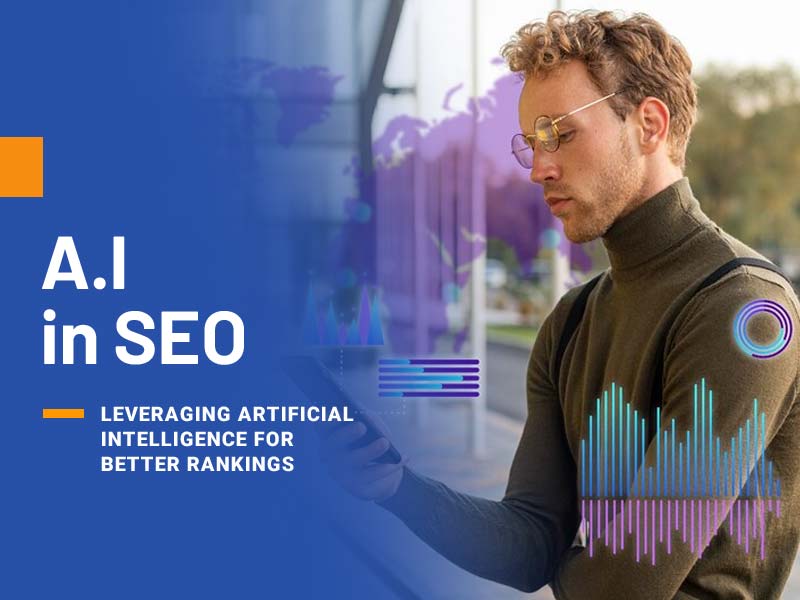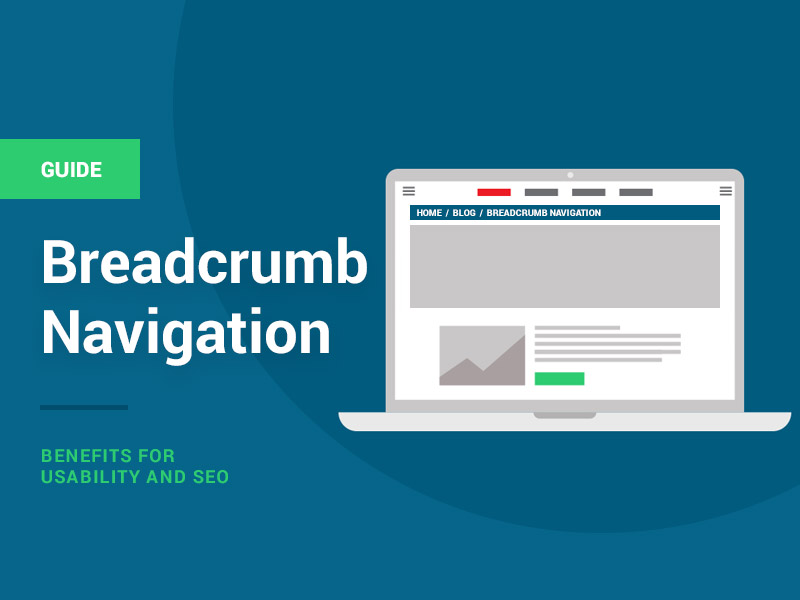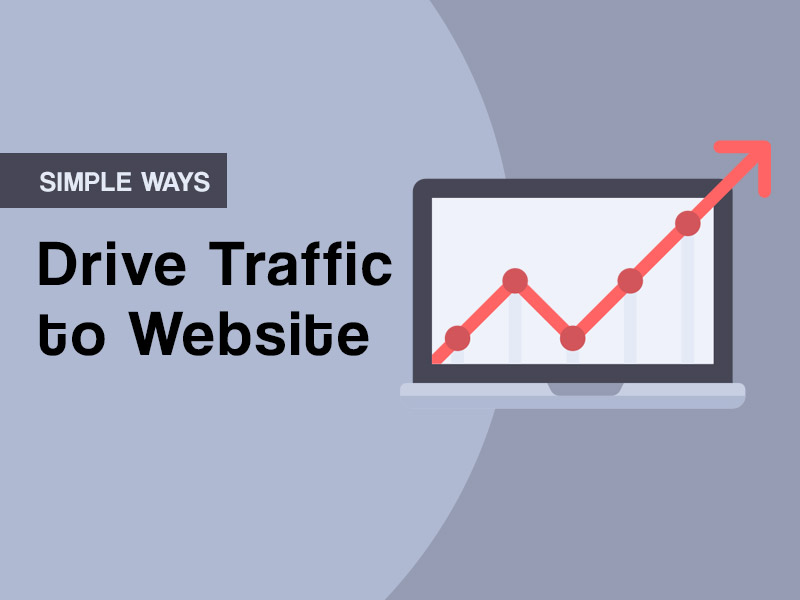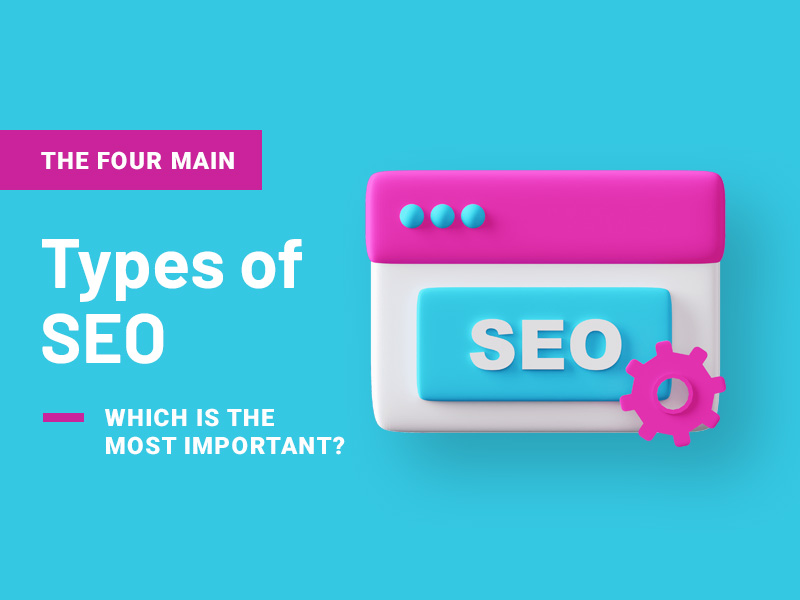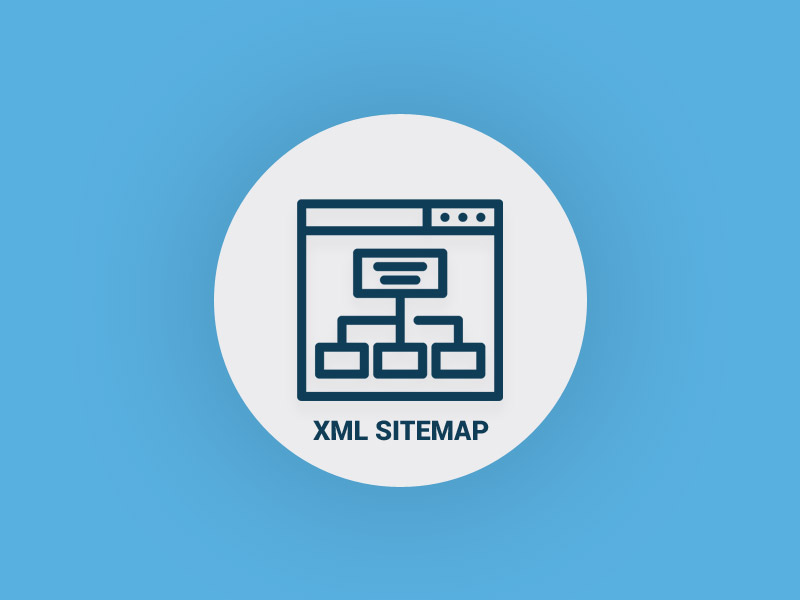Search engine optimization (SEO) is rapidly changing, and artificial intelligence (AI) contributes to this change the most. By analyzing data at scale and quickly adapting to search engine algorithms, AI improves websites’ rankings and attracts traffic.
In this article, we’ll explore how AI tools and techniques refine SEO strategies, from keyword research to content optimization. You’ll learn about the most recent advancements in AI that are helping businesses achieve better visibility and higher positions in search engine results.
What is AI SEO?
AI SEO is the process of implementing artificial intelligence technologies into SEO techniques. It involves using AI to analyze, predict, and improve various aspects of a website’s performance in search engine rankings. This includes optimizing content, understanding user behavior, and automating tasks to enhance a website’s visibility and relevance in search results.
AI SEO is a more advanced, data-driven approach to traditional SEO practices.
Uses of AI in SEO
Using AI, SEO professionals can uncover deeper insights, automate complex processes, and deliver more personalized content to users. AI’s ability to analyze large datasets, predict trends, and learn from user interactions makes it an invaluable tool in optimizing websites for better search engine rankings and enhanced user experiences (UX).
The most common uses of AI in SEO include the following:
1. AI-Driven Keyword Research and Analysis
Traditional keyword research methods often involve manually sifting through search terms, checking search volumes, and predicting relevancy. AI-driven tools analyze vast amounts of data on search engines, social media, and other online sources, identifying trends and patterns in user search behavior. They can discover highly relevant and often overlooked long-tail keywords, which can be crucial for niche markets or specific audience targeting.
The precision and relevance of keyword selection are important, especially for niche markets. Take, for instance, the legal field and, more specifically, the role of an “immigration waiver attorney“. AI can analyze specific search patterns and queries of those seeking specialized legal advice. It can identify targeted keywords and long-tail phrases relevant to immigration waiver services. By incorporating these findings into their SEO strategy, immigration attorneys can boost their online visibility and effectively reach their target audience.
2. Content Optimization Using AI
AI ensures that the content is relevant to the audience and favorable to search engine algorithms. AI-powered tools analyze existing content and provide recommendations for improvement, focusing on keyword density, readability, and overall structure.
These tools can also recommend content topics based on trending themes, search queries, and user interaction data. AI can help create personalized content for different audience segments, enhancing user engagement and satisfaction.
AI algorithms can assess the quality of content in terms of SEO, helping to identify gaps or areas where you can adjust the content and improve the rankings. This includes optimizing meta tags and headings and ensuring the content aligns with the latest SEO practices.
3. Improving UX with AI
AI algorithms can track user interactions, such as the pages they visit, the time spent on each page, and the links they click. Obtained data helps them understand user preferences and patterns, allowing for the customization of content, layout, and even navigation based on individual user needs.

Source: Freepik
Chatbots and AI-driven assistants, powered by natural language processing (NLP), can provide instant assistance to users, answering queries and guiding them through the website. They improve user engagement and increase the likelihood of conversions.
AI can also optimize website loading times and responsiveness, ensuring the site performs well across different devices and platforms. A fast, responsive website significantly improves the UX, which is one of the most important factors in SEO rankings.
4. AI in Search Engine Algorithms
Search engines like Google use AI and machine learning to better understand and interpret user queries, providing more accurate and relevant search results. One of the key AI components in search engines is NLP, which allows the algorithm to understand and process human language more effectively. Instead of only matching terms, search engines can better grasp a query’s context and intent.
AI also helps search engines identify and penalize black-hat SEO tactics, such as keyword stuffing or link schemes, ensuring that the highest-ranking content is not only relevant but also of high quality and value to the user.
AI algorithms constantly learn and evolve based on new data, which means they continually improve in understanding content and user intent. This constant evolution requires dynamic and adaptive SEO strategies.
5. Data-Driven SEO Strategies
AI tools can process and analyze vast amounts of data from various sources, providing more accurate and actionable insights. These tools can track and analyze user behavior, search trends, and competitor activities. They understand which content performs well, which keywords are most effective, and how users interact with a website.
AI-driven analytics can also predict future trends and user behaviors, allowing businesses to stay ahead of the curve. Businesses can proactively adjust their SEO strategies to align with upcoming changes in user preferences and search engine algorithms.
AI can identify patterns and correlations in data that might not be obvious through manual analysis. It can discover new SEO opportunities, such as untapped keywords or emerging market segments.
6. AI for Link Building and Backlink Analysis
AI systems can analyze vast databases of potential link sources, assessing their relevance, quality, and authority. This ensures that the links built are numerous, meaningful, and beneficial to the website’s SEO performance.
In backlink analysis, AI helps continuously monitor a website’s backlink profile. It can quickly identify and flag potentially harmful links, such as those from spammy or irrelevant sites. Monitoring capability is vital for maintaining the health and integrity of a website’s link profile, as poor-quality backlinks can lead to penalties from search engines.
Furthermore, AI can provide insights into competitors’ backlink strategies, offering valuable information that you can use to refine and enhance a website’s link-building efforts.
7. Voice and Visual Search Optimization
Voice search optimization involves tailoring content to be more conversational and question-based, aligning with how people naturally speak. AI helps analyze voice search patterns and queries, enabling websites to optimize their content for voice search queries, often longer and more specific than text-based searches.
In visual search optimization, AI enhances the discoverability of images and videos. It involves optimizing visual content so search engines can accurately interpret and index it. AI tools can analyze images and videos, tagging them with relevant keywords and metadata, making them likelier to appear in visual search results.

Source: Freepik
Both voice and visual search require a different approach to SEO, focusing on NLP and image recognition technologies. By leveraging AI, websites can optimize for these search types, ensuring they remain competitive as user search behaviors evolve.
8. Competitive Analysis and Market Insights
AI algorithms can analyze competitors’ websites, SEO strategies, and content performance. This analysis provides insights into what competitors are doing well and where gaps or opportunities for differentiation might exist. Understanding these aspects helps businesses refine their SEO strategies to stay competitive.
AI tools can monitor market trends and user behaviors, providing real-time insights into what interests target audiences and how their search behaviors evolve. This information is crucial for businesses to adapt content and SEO strategies to meet their audiences’ needs and preferences.
Benefits of AI in SEO
AI brings many benefits to SEO, enhancing how businesses optimize their online presence. Here are the key advantages:
- Improved SEO efficiency: AI automates complex and time-consuming SEO tasks like keyword research and data analysis, speeding up the process and freeing time for strategic thinking.
- Greater accuracy: AI’s advanced algorithms analyze vast amounts of data to provide precise insights and recommendations, leading to more targeted and effective SEO strategies.
- Increased organic reach and visibility: By leveraging AI, businesses can identify the most effective keywords and content strategies, increase their visibility in search engine results, and attract more organic traffic.
- Streamlined content development and deployment: AI tools assist in creating relevant and engaging content by suggesting topics, optimizing for keywords, and even generating content, making the process more efficient and aligned with user interests.
- Higher return on investment (ROI): AI-driven optimizations lead to better targeting and engagement, increasing traffic, better conversion rates, and a more significant ROI from SEO campaigns.
- Improved adaptability to market changes: AI’s ability to quickly analyze market trends and user behavior helps businesses adapt their SEO strategies in real-time, staying ahead of algorithm changes and market dynamics.
- Enhanced brand presence and authority online: AI consistently optimizes content and online presence, building and maintaining an authoritative brand image.
- Increased customer engagement and retention: AI-powered personalization tailors the UX on websites and makes content more relevant to individual users, increasing engagement and encouraging repeat visits.
- Better customer understanding: AI provides insights into what customers are looking for through detailed analysis of user data, enabling businesses to create content and strategies their target audience will like.
- Reduced costs and resource allocation: By automating routine tasks, AI reduces the need for manual labor in SEO processes, which can lower operational costs and allow resources to be focused on more strategic initiatives.
- Greater competitive edge: AI provides advanced analytical tools and insights that help businesses understand their competition better and develop strategies to stay ahead.
- Long-term sustainability: AI’s continuous learning and adaptation ensure that SEO strategies remain effective over time, adapting to new digital trends and changes.
Conclusion: Embracing AI for SEO Success
Getting on board with AI for SEO is a smart move. It’s not just about staying current with the latest trends; it’s about making your SEO work smarter and more effective. From speeding up tasks to getting better insights, AI is a game-changer. It helps you understand your audience better, stay ahead of the competition, and keep your strategies fresh and relevant. So, embracing AI in SEO is really about setting yourself up for online success, both now and in the future.
